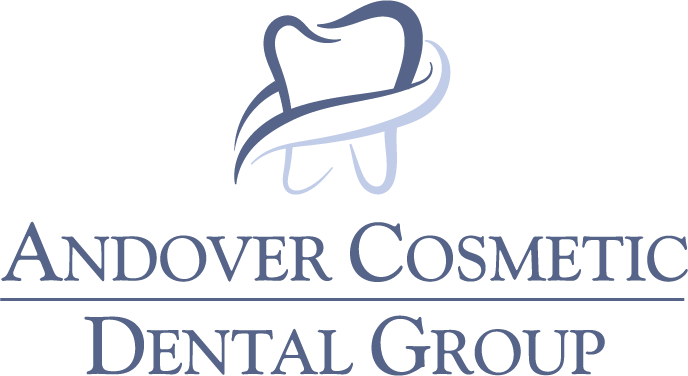A Detailed Guide to Dental Crowns
A crown is a tooth-shaped cover that caps or fits over a damaged tooth. Crowns are custom manufactured from your dental impressions and fabricated from various materials, including porcelain, gold alloy, zirconia, ceramic, and stainless steel.
When Do You Require Dental Crowns?
Your dentist may recommend getting dental crowns for any of the below scenarios:
- To protect and support a significantly decayed tooth.
- To restore a worn tooth, e.g., for patients who grind their teeth.
- To cover a tooth filling.
- To cap a tooth implant.
- To hold a dental bridge.
- To transform a severely misshapen tooth.
- To restore a discolored tooth, especially where the discoloration cannot be corrected via tooth whitening.
In children, crowns can be used on baby teeth to protect fillings and protect teeth at high risk of decay. In cases where crowns are required for pediatric patients, the dentist is likely to go for pre-fabricated stainless steel crowns.
Types of Dental Crowns
Crowns are manufactured from different materials, which have varying pros and cons. These materials include porcelain, composite resin, metal, ceramic, zirconia, porcelain, or a combination of materials. Some factors to consider when choosing the tooth crown material include cost, strength, and durability.
When recommending the best-suited material for you, the dentist also considers other criteria, including:
- Your tooth’s location.
- The key function of the tooth that needs a crown.
- Color of surrounding teeth.
- How much of your natural tooth is remaining.
- How much of the affected tooth shows when you smile.
Pros and Cons of Various Crowns
Let’s consider some of the considerable advantages and disadvantages of various tooth crowns.
Porcelain Crowns
Porcelain crowns are an undoubtedly popular choice among patients seeking dental restoration, and for good reasons. Porcelain is a high quality material that can be shaped to mimic a tooth’s natural look and feel.
Advantages of porcelain crowns include:
- They’re strong and durable.
- They’re stain-resistant.
- Porcelain is well tolerated by gum tissue.
- Porcelain crowns offer superior aesthetics and are ideal for front teeth.
Disadvantages of porcelain crowns:
- Porcelain crowns aren’t ideal for patients who grind their teeth.
- Porcelain crowns can be costlier than other crowns.
- Metal alloy crowns are stronger than porcelain crowns.
Gold Crowns
Gold has been used in restorative dentistry for more than 4,000 years. Today, gold is often combined with other materials, including palladium, chromium, or nickel, to reduce the cost without compromising the strength or durability of the restoration.
Gold and gold alloy crowns are either silver or golden in color. They don’t wear down easily and have incredible durability. On the downside, gold crowns can be significantly more expensive than other crowns. Also, their color means that they don’t blend in well with the patient’s natural smile. However, some individuals prefer the aesthetics of gold crowns to other types of crowns.
Zirconia Crowns
Zirconia crowns are manufactured from zirconium dioxide, a durable metal closely related to titanium.
Some advantages of zirconia crowns are:
- They’re impressively durable.
- Zirconium dioxide is biocompatible and unlikely to cause allergic reactions.
- Zirconia crowns can be manufactured within a single visit, thanks to CEREC same-day restoration.
Disadvantages of zirconia crowns include:
- Zirconia crowns have an opaque appearance which may not blend in well with other natural teeth.
- The hardness of zirconia crowns can lead to wear and tear on opposing teeth.
Ultimately, the most reliable way of finding out which crowns are best for you is to discuss your options with your dentist. If you’re looking to transform your smile using tooth crowns, reach out to Andover Cosmetic Dental Group today.
Dental Crowns Treatment Process
The steps involved in crowning your teeth largely depend on the type of dental problem you’re facing. For instance, if you’re missing teeth and require dental crowns to cover implants, you’ll need to undergo dental implant surgery first.
If you have a decayed tooth, the dentist may recommend getting tooth fillings or root canal therapy as a pre-requisite step to getting crowns.
Caring for Your Crowned Teeth
Crowned teeth can still suffer damage if not cared for properly.
Some ways of ensuring a longer shelf-life for your crowns are:
- Brush and floss as recommended i.e., twice daily and once a day, respectively.
- Schedule regular dental exams and cleanings at Andover Cosmetic Dental Group.
- Avoid hard foods and snacks that may cause chipping and cracking.
- Stay away from sticky and sugary snacks.
- Be careful not to overindulge in dark-colored foods and beverages that can stain your crowns.
Call Us Now
Are you sick and tired of feeling self-conscious about your smile? Contact Andover Cosmetic Dental Group today to find out if dental crowns treatment is suitable for you.

